“You can’t reclaim what you won’t admit you’ve lost.”
— Nabeela Elsayed
I’ve travelled to 48 countries and counting. Travel has always been more than leisure for me; it’s a spiritual act. A reminder that we are, in fact, travelers through this temporary life. From South America to the South Pacific and everything in between, travelling has always been my way of stirring the soul and awakening the senses.
But my recent three-week journey through the Middle East, in particular, felt different.
Not because of what I did. My itinerary was relatively uneventful.
But because of who I started to become.
I’ve travelled across the Middle East many times, but always at arm’s length. I consumed the culture without claiming it, admired the architecture, but didn’t see myself in it. If I’m honest, I kept a deliberate distance. Like many children of immigrants, I internalized the message that survival meant assimilation and that 'success' required shedding the parts of ourselves that didn’t fit the Western mold.
I had been taught, both subtly and explicitly, that Arabness was something to downplay. Too loud, too dramatic, too traditional, too much. So I buried it. But on this trip, something cracked open. Not because the region changed, but because I had. I was finally willing to face what I had been avoiding: the cost of that distance.
Inside the Al-Hakim Mosque, as I stood beneath a grand chandelier and gazed through the parting of a green curtain into the open courtyard, something ancient stirred. A sense of identity emerged that had long been ignored. A longing to rekindle my Arab roots, my mother tongue, my heritage and lineage.
The Middle East, like any part of the world, is not a monolith; it is a complex and diverse region. It can embody every aspect of this chaotic existence, from the glittering high rises of Dubai to the wadis of Oman. I have seen the Middle East in all its glory and across its many challenges, but never before have I felt it calling me like it has recently. And not the physical place as much as its history and heritage, like a siren singing Fairuz and Um Kulthum, inviting me to finally embrace my heritage.
For most of my life, if you asked me where I was from, I’d say I’m first generation American. If pressed, as most immigrants are when we get the inevitable “but where are you from?” question, I’d add: “My parents are from Lebanon.” I would never say, “I’m Lebanese.”
And that’s because I’ve spent most of my life distancing myself from my Arab roots. There are many reasons, but part of it was not liking what I saw in the “Arabness” growing up. I now know that it was most often a child who was internalizing Islamophobia and being “embarrassed” to be brown. That internalized Islamophobia got rationalized as I got older. I would tell myself that I didn’t need cultural influences; all I needed was my faith. I tried to adopt a purist form of my faith, one that wasn’t shaped by cultural habits, which I often felt were burdensome and unnecessary.
But here’s the thing, it has taken me until now to realize. I need my culture, it is part of me. I am Arab; my mother tongue is Arabic, and my heritage and lineage are deeply rooted in the Levant, a region in the Arab world. And for the first time, I sat with how much of my identity I had avoided or instead had somewhat unconsciously allowed to be taken from me.
My parents grew up in a Lebanon, still brewing under a French colonial influence. French immersion schools, European culture and fashion, and an ideal of modernity that was intentionally pitted against religion or tradition. Though my parents came from a family rooted in the land and anchored in faith, when they immigrated to the U.S., they didn’t emphasize returning home. They didn’t insist on speaking Arabic, and they didn’t foreground our faith. They were, like many immigrants, caught between survival and assimilation- trained to be submissive and grateful, even if it meant erasing parts of themselves.
I grew up in the suburban-rural blur of Houston, without elders or cultural references. I didn’t feel connected to American culture, but I had no guidance to embrace my own heritage either. So I chose to live as culturally agnostic as possible. Faith became my only compass. But now, I’m beginning to see that faith and culture were never meant to be divorced; they were meant to enrich each other.
In the Sayyida Nafisa Mosque, I placed my hand on the intricate metal lattice surrounding her tomb, and tears came before any thoughts did. My soul was remembering what my mind had tried to forget. That being Arab was something beautiful; that the culture and its richness were something to carry with joy and pride.
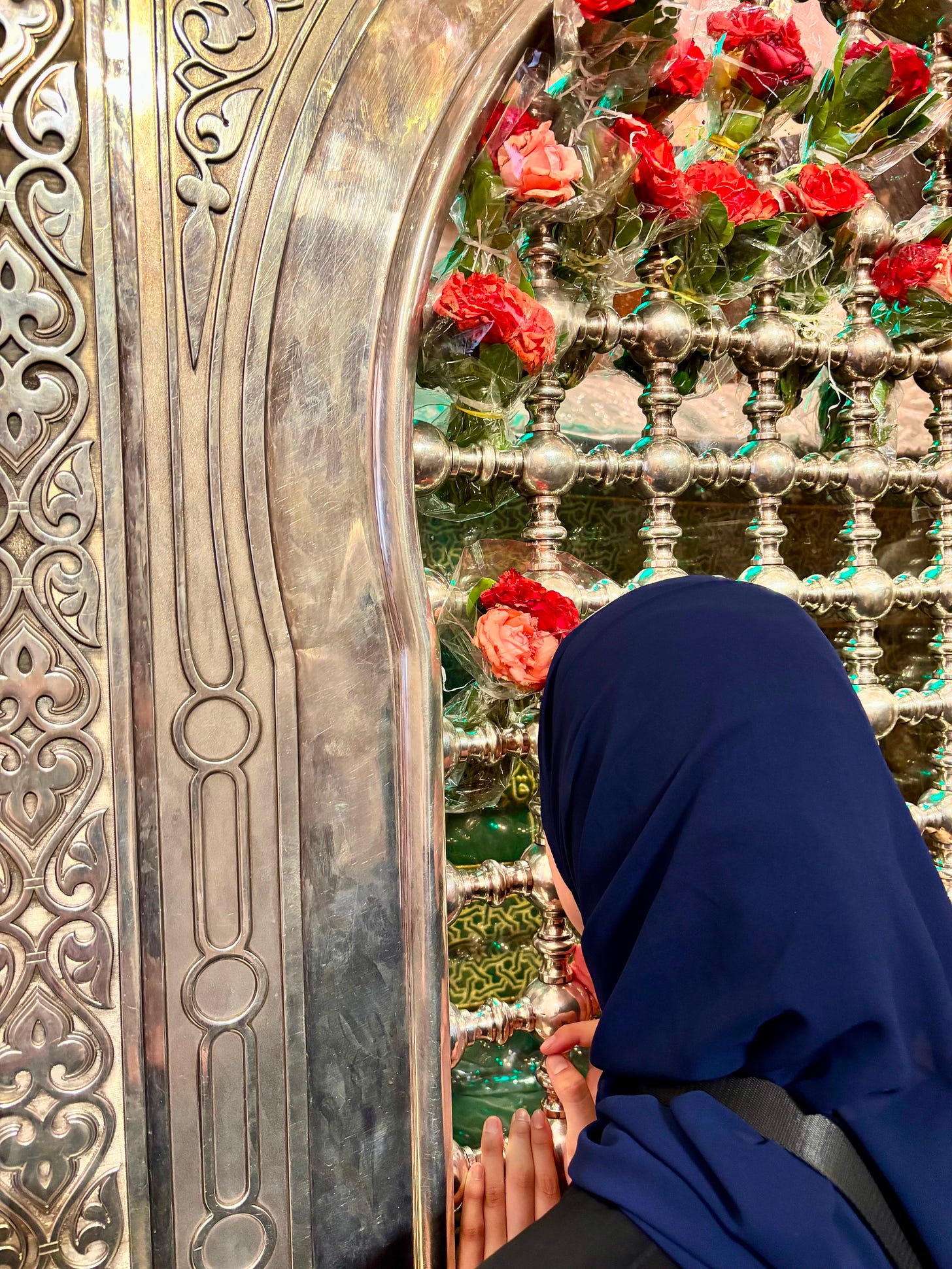
Too often, burnout is discussed as if it’s simply a productivity issue. However, the exhaustion does not just come from doing too much; we are exhausted from covering up, from trying to be something we are not. We’re exhausted from abandoning who we are.
I have often said that I am an unsettled soul, a traveller—physically, spiritually, and emotionally—removed from being connected to any place on earth. However, that was a convenient narrative to cover the real one: I had felt forcefully divorced from my tribe, my language, my culture, and my identity. And all the while I know its not that simple. That boundaries and borders change, that no place is perfect, that every place is flawed and that belonging won’t be found in the physical soil of this earth. Honestly, I am still trying to figure it all out myself, but my heart says that belonging is a return to the truth that lives in your bones.
As I sat staring at the courtyard of Al Azhar, struggling to wrap my head around the centuries of knowledge and wisdom that have echoed its walls, I felt the weight of erasure and the grace of return. I felt gratitude for the parts of my lineage I’m just beginning to reclaim their beauty, their messiness, their hospitality, their kindness, and their resilience.
We talk about self-care as if it’s all about bubble baths and better boundaries. But what the deepest self-care is, is remembrance.
Remembrance of where you come from of the people who carried you here. Of the sacred names, you’ve forgotten how to pronounce. Of the mother tongue that shaped your lullabies, even if no one ever sang them.
Standing in the shadow of minarets older than many nations, I realized: I wasn’t visiting something foreign. I was returning to something that was part of me.
And so I ask not just to you, but to myself: What have you forgotten? What have you hidden, silenced, or let go of to fit in?
And is it time to return?
Because success isn’t just what you build, it’s also what you remember, what you preserve. And what you allow yourself to reclaim.
Sometimes, the journey forward requires a look back. Not to dwell but to strengthen and honour your root.
And when you find that place, or language, or sound that reminds you of who you were before the world told you who to be, don’t let it go.
Until next time, take care of yourself and those around you.
In Partnership,
Nabeela
If you made it to the end, you’ve got range.
For more content on redefining leadership and getting off the the burnout loop, you can:
👉 Follow me on LinkedIn, YouTube or Instagram
🎙️ Listen to the article on the Substack or wherever you get your podcast: Re-Imagine Success Podcast
📨 Or just forward this to a colleague who needs a little perspective (and maybe a little permission to let go of the balancing act).
Want to learn more?
If you would like to learn more about the world's unhealthy relationship with work, success, and achievement and discover ways to escape the burnout loop, check out some of my other posts below:

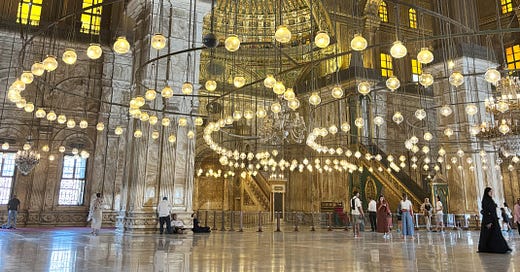



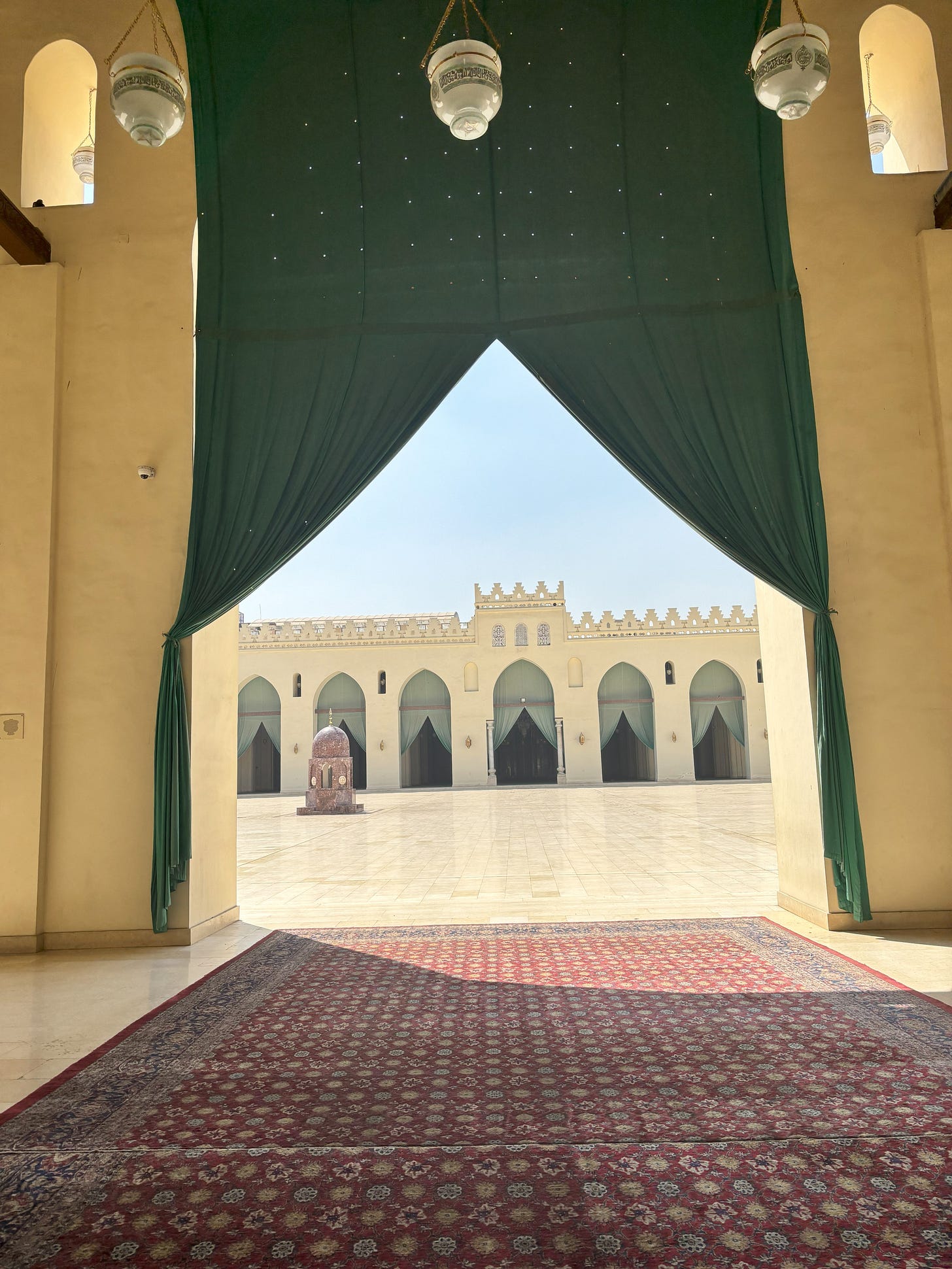
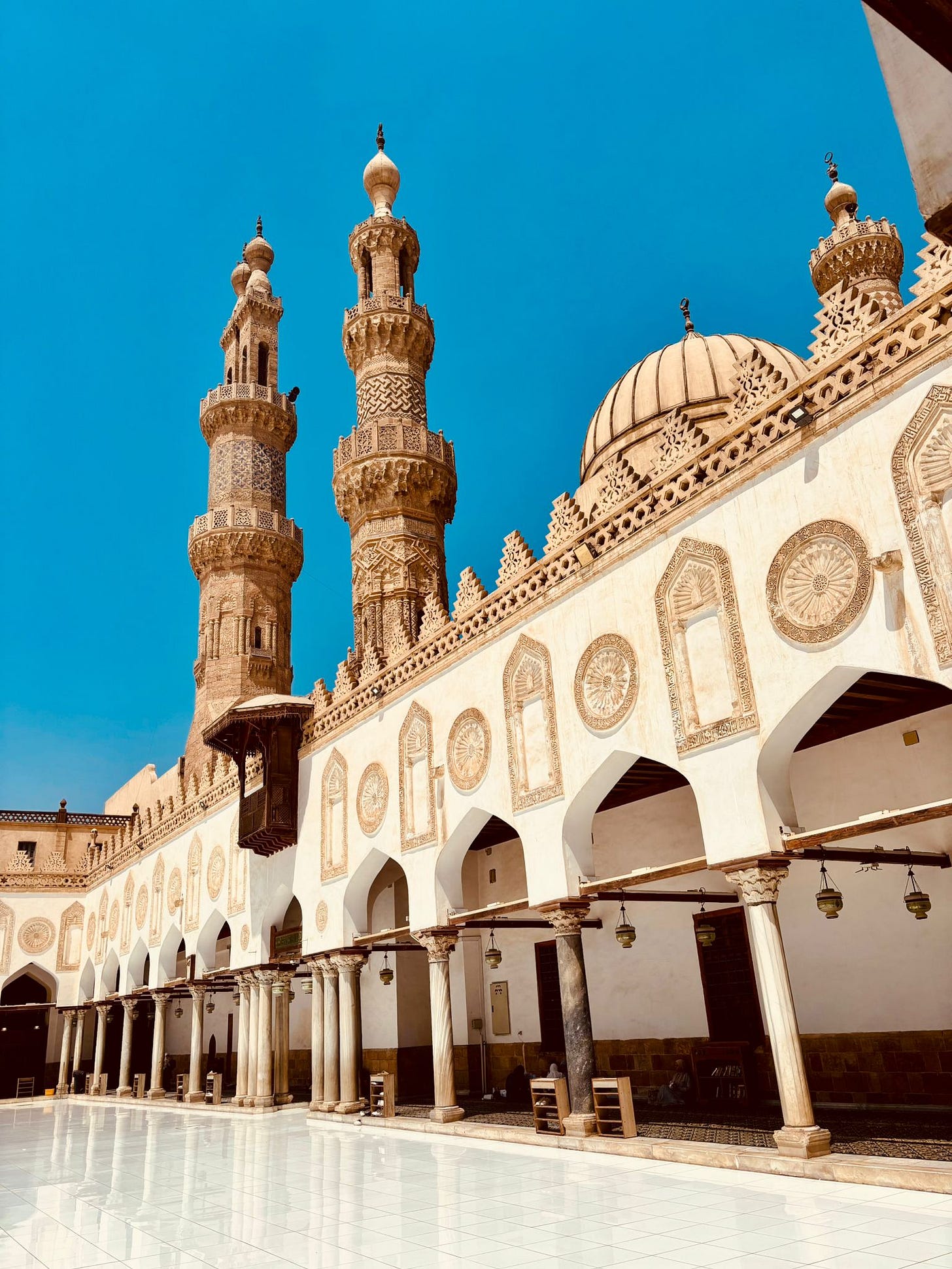
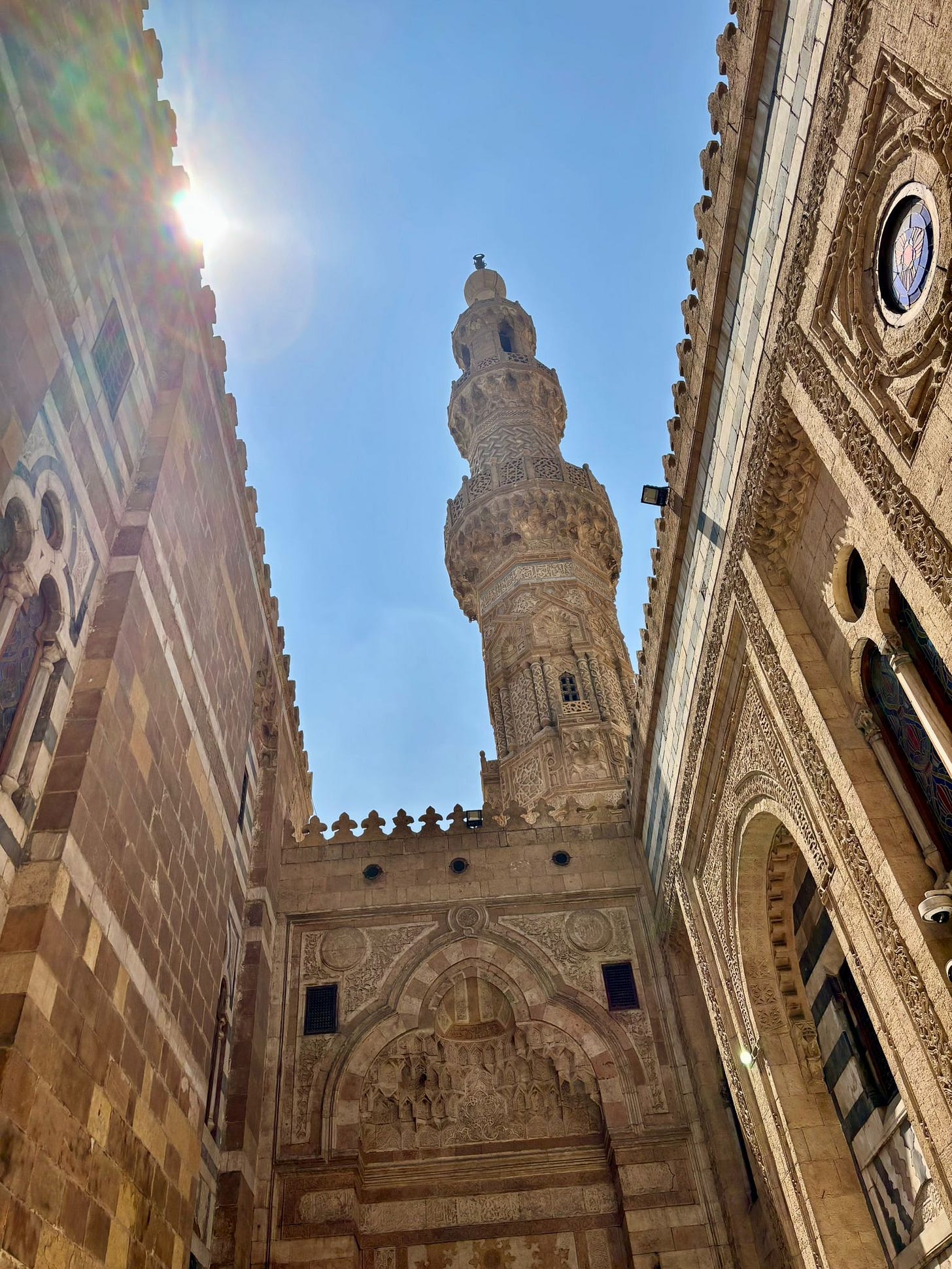


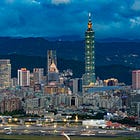








Share this post